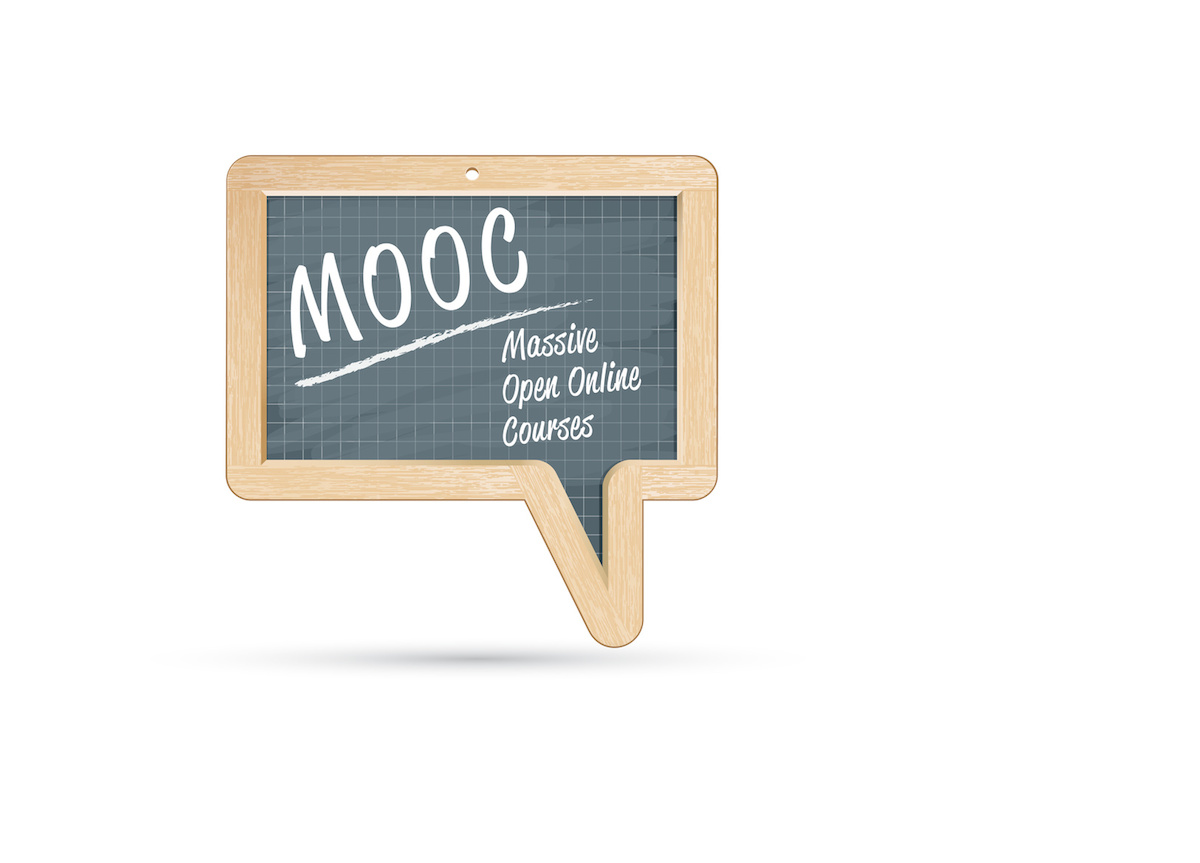On November 20th, fellow Techpinions writer, Steve Wildstrom, wrote an interesting column on Education and the Future of MOOCs. As Steve put it:
(MOOCs are) massive, open, online courses that were supposed to replace traditional lectures and recitations and make free, or at least very cheap, higher education available to everyone.
Hmm. Color me highly skeptical.
My Background
My father was a school superintendent and I have a learning disability so I’ve always been fascinated with alternative ways to learn. Lectures — in my humble opinion and the humble of opinion of most of the world’s educational experts — are a lousy way to learn. So, of course, that’s the way the vast majority of students are taught. Go figure.
— Lectures are “telling.” In sales, there’s an expression that “telling” is not selling. Similarly, “telling” is not educating.
— Lectures are one size fits all. Enough said.
— Lectures are not interactive. Learning is.
MOOCs
When I was a kid, I thought that television would revolutionize education. I was wrong. Television can transmit all the knowledge in the world. But that’s not at all the same as teaching.
MOOCs are sort of like television on Steroids. They’re better than television…but they’re still not good at teaching.
In his article, Steve Wildstrom points out two problems with MOOCs:
First, the technology has a long way to go and no one seems to have figured out a completely effective way to deliver lectures on video
Second, and more important, MOOCs seem to work best for those who need them least … My experience is that MOOCs require very highly motivated students.
When MOOCs Work
When I graduated from law school, I took a review course to prepare for the bar exam. Some of the lectures were live but most were tapes (we used video tapes way back then). The lecturers were some of the best and brightest in the world. Most were infinitely better than my law school professors and, for the most part, the tapes were entertaining and extremely informative.
Still, the lectures would have been useless had I, and my classmates, not been so highly motivated. We sat in front of TVs for hours, took copious notes and studied those notes like madmen (and women). However, if we hadn’t had the deadline of the LSAT’s looming over us, we never would have gone through with it. We would have found the lectures intolerable.
Tablets
There’s not a doubt in my mind that tablets are going to dominate education in the near future. Tablets are one-to-one, easy to transport, easy to learn and use and they already have access to a seemingly infinite catalog of educational materials.
— The big advantage of tablets in education is that they are blank slates – they can literally become most anything.
— The big disadvantage of tablets in education is that they are blank slates — they won’t teach you on their own, they need to have meaningful content.
My Vision
The ideal way to teach someone is a course specifically designed for them, taught at their pace, with repetition and infinite patience. No human — not even a tutor — can do this. Fortunately, computers are very strong in pace, repetition and patience. Unfortunately, it takes a LOT of programing to create a teaching program that adjusts to the needs of each of its users.
I always thought that we would have computer programs that led us step-by-step through a course, quizzing us along the way and adjusting the pace of the learning to match our level of skill, interest, and understanding. These courses could, naturally, be as interactive as required.
In this, I have been sadly disappointed. If such a software program exists, I don’t know of it and it’s certainly not mainstream.
Conclusion
In my opinion, MOOCs are a diversion. They will be extremely useful for the extremely few, but they will never become effective educational tools for the masses.
I still think – with zero evidence to support my hypothesis — that interactive educational programs should be the way to go. Hope springs eternal.
Perhaps you know something about MOOCs or educational software that I’ve neglected. If so, please be so kind as to put your thoughts in the comments. Or joint me on Twitter @johnkirk. I’d leave to hear your thoughts on the subject.

